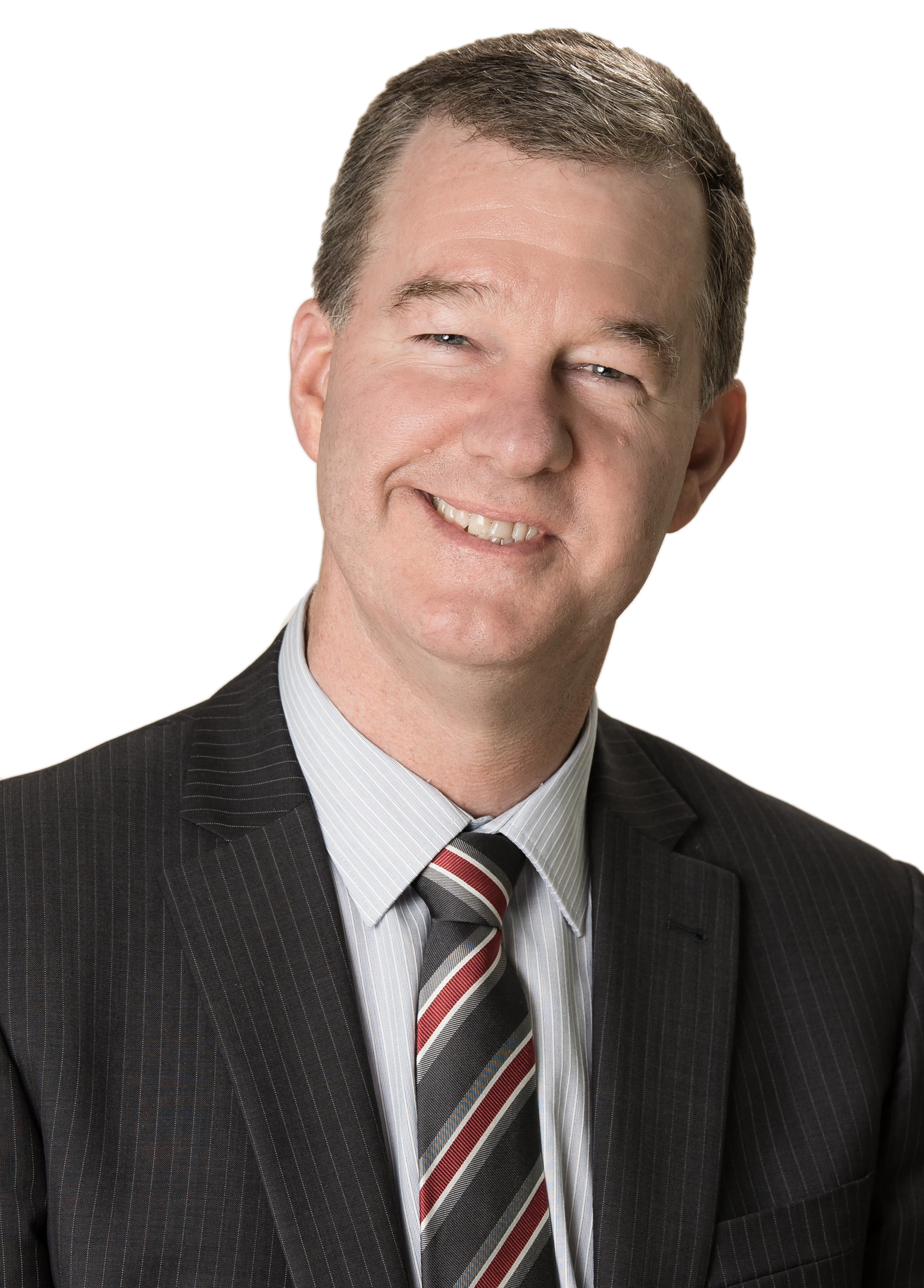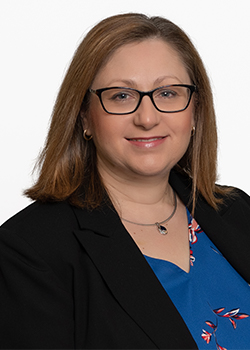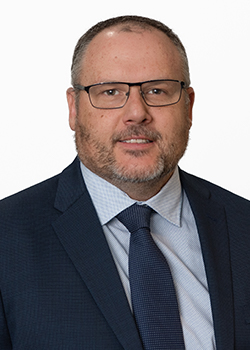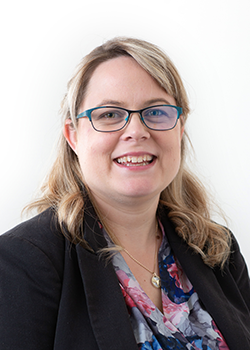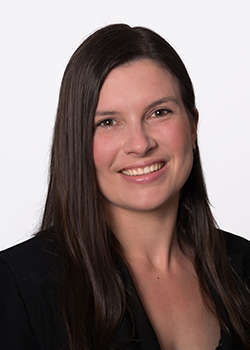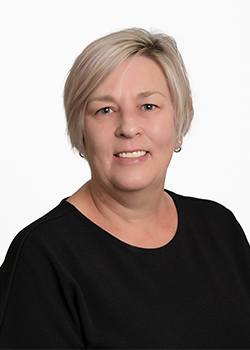Five building blocks that could lead to a more confident retirement

.
Building block 1: Being financially literate
Financial literacy is about understanding and applying key financial concepts to make informed decisions.
Building your financial literacy can improve your financial confidence, lead to better decision making and set you up for a more secure future.
Here are three key concepts to understand when it comes to financial literacy:
Interest
Understanding how interest works is a cornerstone of financial literacy. Compound interest allows your savings or investments to grow over time, as you earn interest not just on your initial amount, but also on the interest that accumulates.
Inflation
Inflation affects the purchasing power of your money over time. Even if your savings earn interest, rising prices can erode their value. Knowing how inflation works helps you make smarter decisions about where to keep your money and how to invest it.
Diversification and investment risk
Investing always involves some level of risk but understanding how to manage that risk is essential. Diversifying by spreading your investments across different assets or stocks can help reduce the impact of market volatility.
Building block 2: Understanding the retirement system
Retirement literacy refers to the knowledge and understanding of Australia’s retirement system, including superannuation rules and pension eligibility.
Here are two key aspects to retirement literacy:
Understanding the super system
Understanding the basics of superannuation, including rules around contributions and when you can access your super, is a great place to start.
Understanding the Age Pension rules
The Age Pension is one of the pillars of Australia’s retirement system. It’s important to understand how it works and pension eligibility requirements.
Building block 3: Having a solid retirement plan
Retirement planning is the process of preparing for life after your working years, ensuring you have the ability to support your desired lifestyle and goals.
It doesn’t need to be perfect. You can start the process by asking yourself:
- How long might I be retired?
- What kind of lifestyle do I want?
- How will I spend my time?
People who feel confident about retirement are more likely to seek professional financial advice and have a sense of how much they can safely spend each year.
It is a continuous process that requires regular review and adjustment.
Building block 4: Making voluntary super contributions
Voluntary contributions can be a powerful way to boost your retirement savings, and for some Australians, they may also offer tax benefits.
That said, it’s important to weigh up whether a voluntary contribution strategy is right for you and consider seeking professional advice from a financial adviser or registered tax agent.
Here are three common ways to contribute more to your super:
Salary sacrifice contributions via your employer
With salary sacrifice contributions, you ‘sacrifice’ part of your before-tax salary and pay it directly to your super account. You benefit in two ways. First, it could help you grow your super faster over time. Second, you may be able to save tax – this is because you pay just 15% tax on the contribution, while your marginal tax rate could be up to 47% (including the 2% Medicare Levy).
Make a personal after-tax contribution
You can make a personal after-tax contribution. They’re made from your after-tax income (often via BPAY), and as a result they generally don’t incur any additional tax when they’re paid into your super account, or when you withdraw them at or after your preservation age.
Consider a tax deduction for your after-tax contribution
If you’ve made a personal after-tax contribution to your super, you may be eligible to claim a tax deduction for it. This allows you to treat the contribution as a concessional one, which means it’s taxed at 15% rather than your marginal tax rate and has the same after-tax outcome as if you had made a salary sacrifice contribution.
It’s important to understand the rules and contribution limits around concessional contributions to avoid exceeding caps.
Building block 5: Engaging with your super provider twice a year
Superannuation is the second-largest asset for many Australians after their homes. For some Australians, it’s their largest asset. Yet many don’t give it the attention it deserves.
Here are three ways to get more engaged with your super:
Check your super balance
Super is a long-term investment so it’s not something you need to do daily or even weekly. But taking a few moments every six months to check your balance can help you stay informed and in control.
Compare fees and performance
High super fees can significantly reduce your retirement savings. So, it’s worth comparing different funds to see if you can get a better deal. Take a look at Vanguard Super’s ‘Compare your super’ page to see how your super fees and investment performance stack up. Remember that past performance is not a reliable indicator of future performance.
Review your annual statement
Each year, your super fund is required to send you a member benefit statement, usually around August or September for the financial year ending 30 June. Set aside 15 minutes to review it. It’s time well spent.
To learn more about how to retire with confidence, take Vanguard’s SmartRetire quiz.
24 September 2025
By Vanguard
vanguard.com.au

